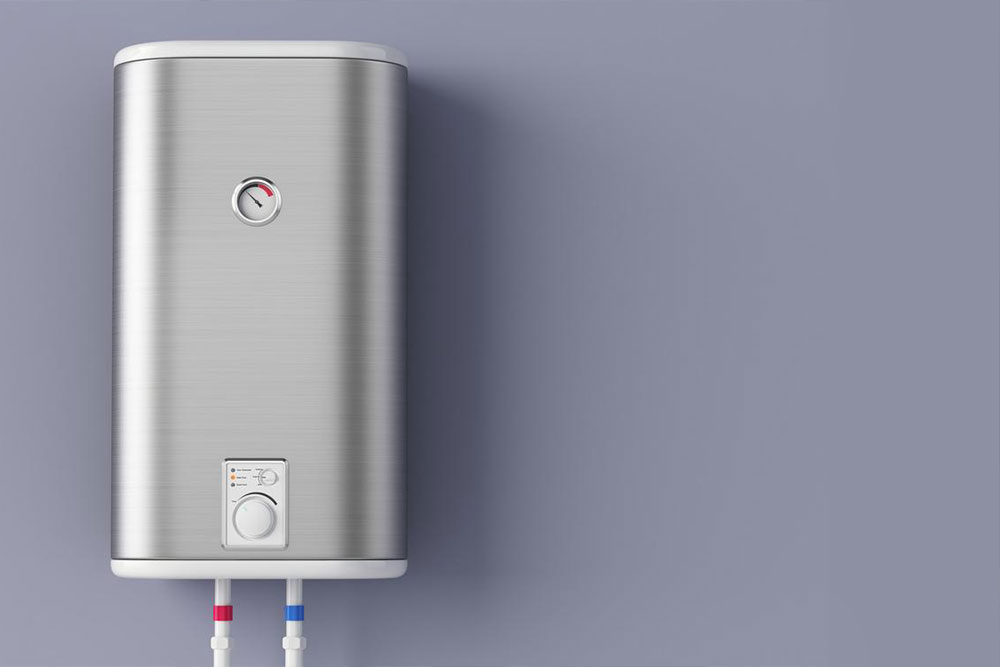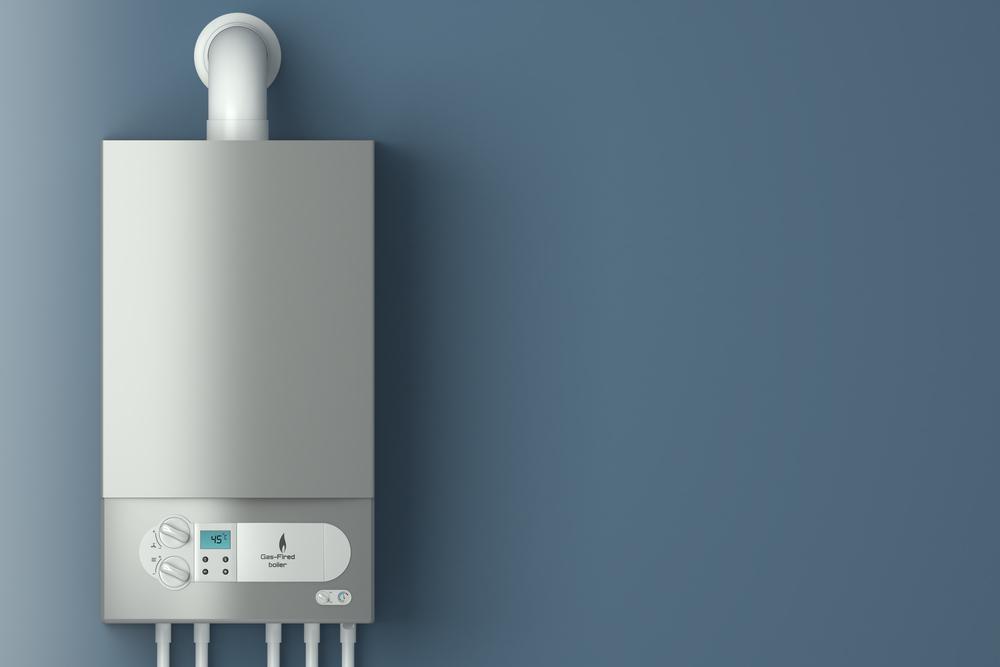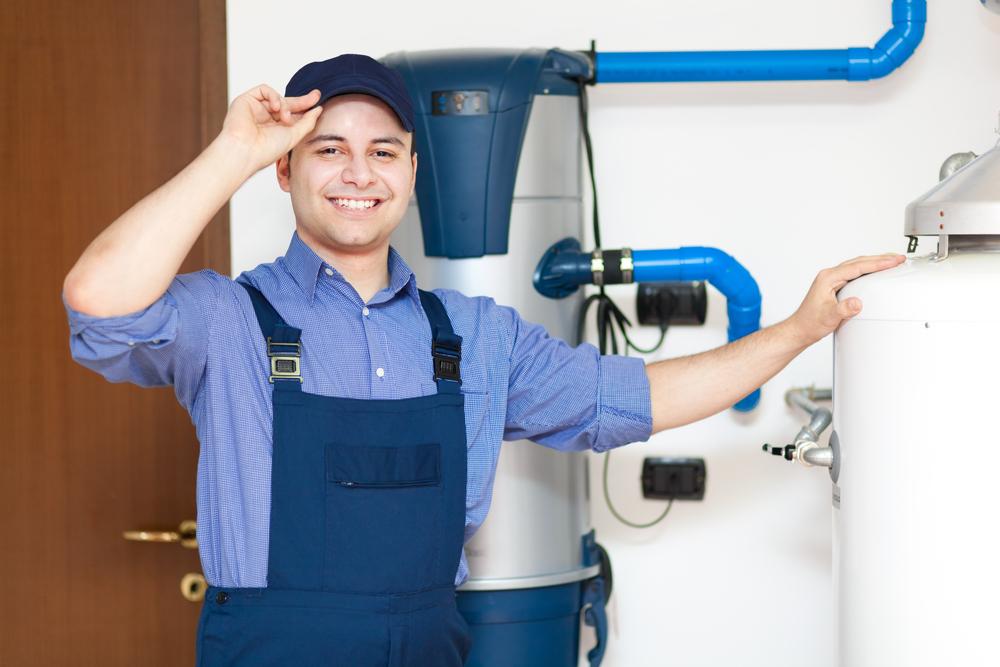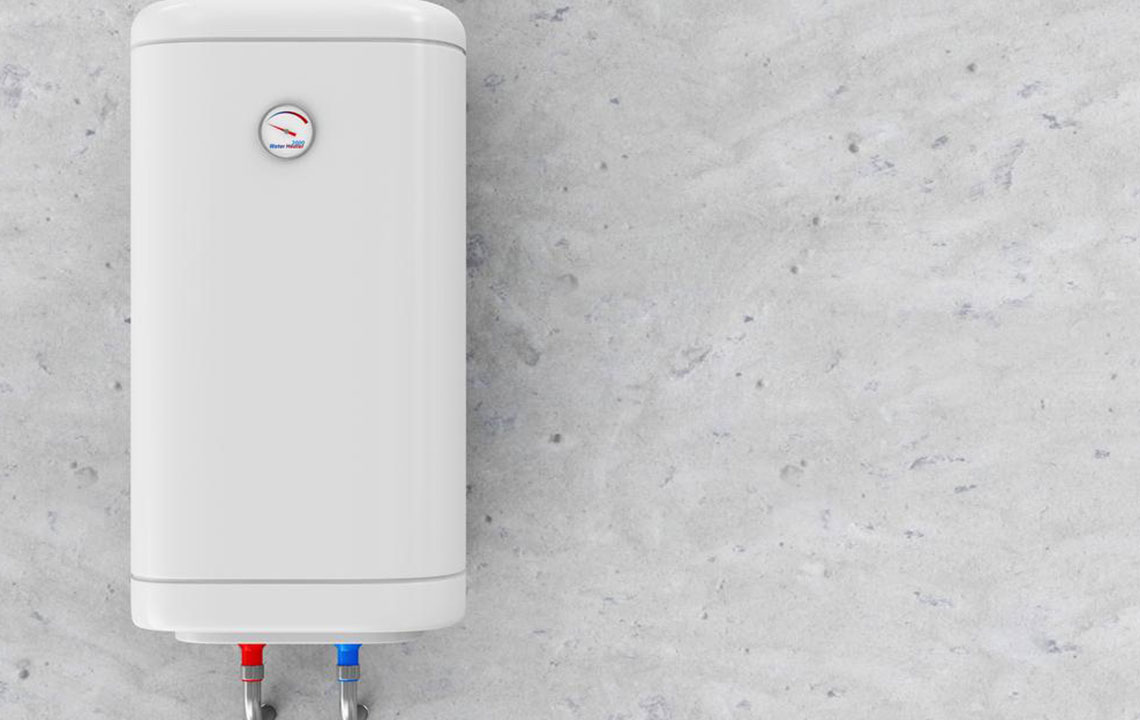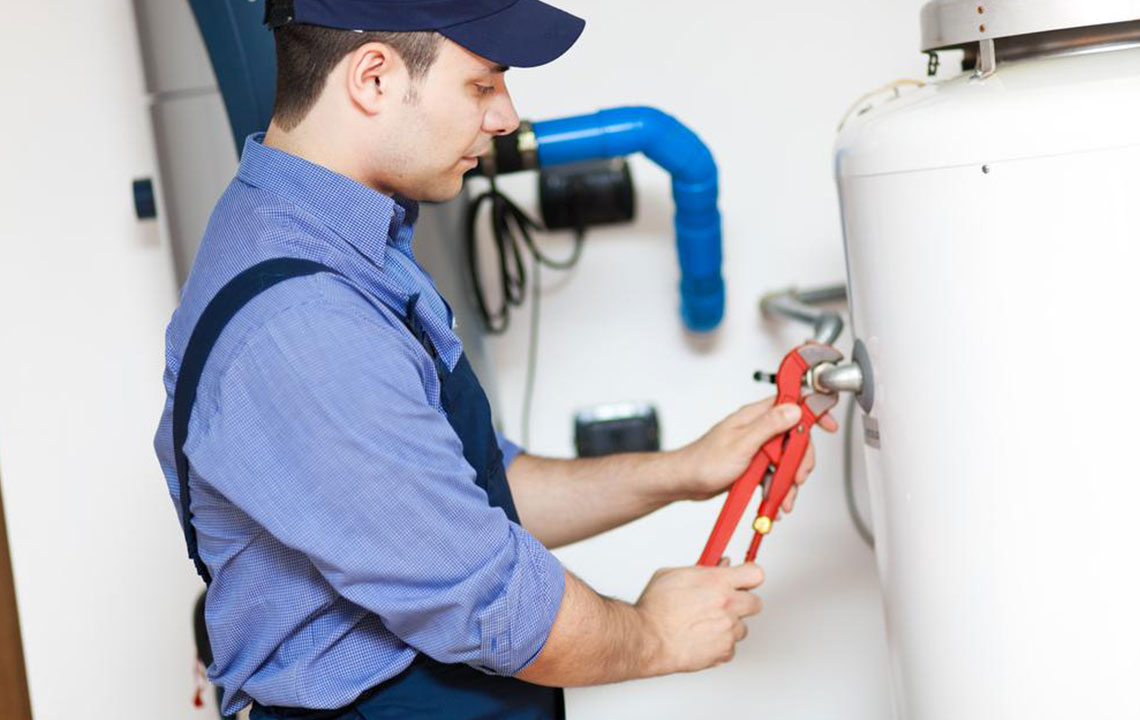Comprehensive Guide to Water Heaters: Types, Features, and Selection Tips
This comprehensive guide explores various water heater types including traditional tank, tankless, heat pump, solar, and condensing models. It provides detailed insights into each system’s features, efficiency, and ideal usage scenarios, helping consumers make informed decisions for reliable hot water solutions tailored to their needs. Whether upgrading or installing anew, understanding these options ensures energy savings and optimal performance.
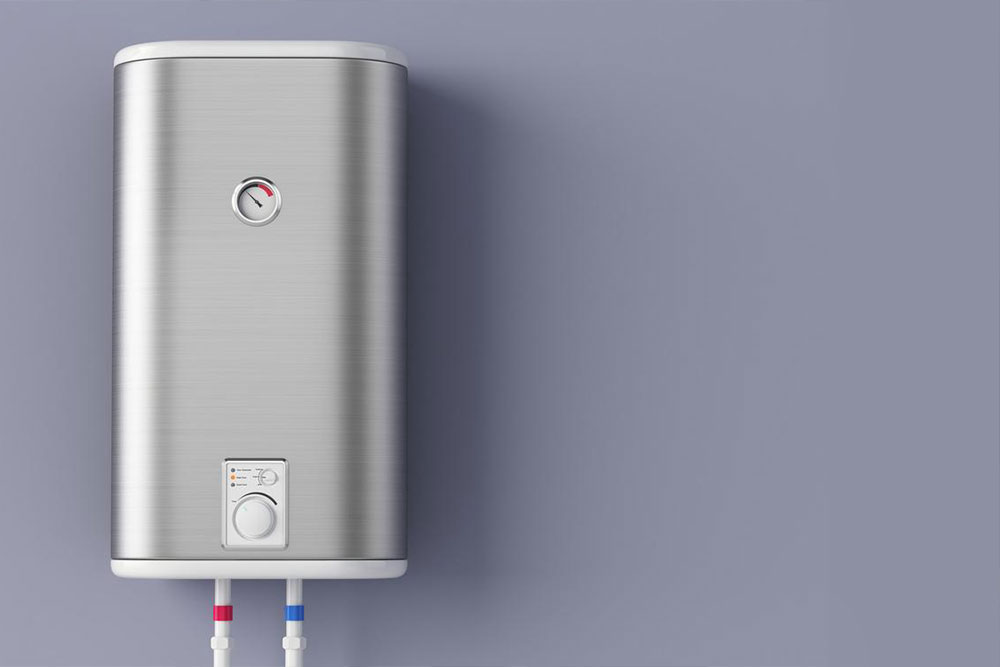
Understanding Different Water Heaters: An In-Depth Overview
Selecting the ideal water heating system for your home or business can be a complex decision, given the wide variety of options available today. Each type of water heater offers unique features tailored to meet different hot water demands, energy efficiency goals, and budget considerations. This comprehensive guide aims to explore the most popular water heater types, detailing their operation mechanisms, advantages, and ideal usage scenarios to help you make an informed choice.
Types of Water Heaters: An Overview
Water heaters are essential household appliances responsible for providing hot water for daily activities such as bathing, cooking, cleaning, and heating. They come in various forms, primarily categorized into traditional storage tank units, tankless models, heat pump systems, solar heaters, and condensing units. Understanding the differences among these types is crucial to aligning your needs with the most efficient and cost-effective solution.
Traditional storage tank water heaters remain popular due to their simplicity and reliability. These models feature an insulated tank that stores hot water, which is maintained at a set temperature for immediate use. They are available in both natural gas and electric variants. Gas models tend to be more economical over operational costs, especially in colder climates, owing to lower energy prices for gas. Electric versions often come at a lower initial purchase price and are easier to install, making them suitable for smaller households or locations without gas connections. The tanks typically range from 30 to 80 gallons, providing sufficient hot water for most household needs.
One vital safety feature incorporated in traditional models is the temperature and pressure relief valve, which activates when either parameter exceeds safe limits, preventing potential hazards such as tank rupture or system failure. Proper maintenance and regular inspection of these valves are essential to ensure ongoing safety and efficiency.
Tankless water heaters, also called on-demand systems, are engineered to provide hot water only when needed, eliminating standby heat loss associated with storage tanks. Their compact design allows installation on walls, often near specific fixtures like sinks or showers, minimizing heat loss through piping. These units are known for their high efficiency, with some models reaching up to 80% thermal efficiency, translating to cost savings over time. Although the initial investment is higher, you benefit from continuous hot water supply without running out, making tankless units particularly suitable for large households or applications requiring high volumes of hot water.
Tankless systems come in both natural gas and electric models. Gas-powered units tend to have higher flow rates and better performance in colder climates, while electric models are easier to install and maintain, typically used in smaller setups.
Heat pump water heaters, also known as hybrid systems, utilize ambient air to generate heat for water heating, making them highly energy-efficient. These units extract heat from the surrounding environment via a compressor and transfer it to the water in the tank. Operating within a temperature range of approximately 40°C to 90°C, they significantly reduce electricity consumption—by up to 60% compared to conventional electric water heaters. These are ideally suited for warmer climates or well-insulated spaces, and they often qualify for utility rebates due to their environmental benefits. Although they have higher upfront costs and may be slightly slower to heat water, the long-term savings on energy bills make them an attractive choice for eco-conscious consumers.
Given their reliance on ambient heat, heat pump heaters are less effective in colder environments unless supplementary heating methods are integrated.
Solar water heaters harness the sun’s energy to produce hot water, making them the most environmentally friendly option. Installed on rooftops or other sunny locations, these systems typically consist of solar collectors that absorb sunlight and transfer heat to the water stored in a dedicated tank. Many models incorporate backup systems using electricity or gas to ensure hot water availability during cloudy days or nighttime, thus maintaining consistent supply. Solar heaters are most economical in regions with abundant sunshine and are especially suited for large-scale or industrial applications due to their higher initial costs.
These systems can significantly reduce reliance on conventional energy sources, leading to substantial long-term savings and lower carbon footprints. However, their installation requires sufficient roof space, suitable orientation, and initial investment, making them less common for standard residential use in less sunny regions.
Condensing water heaters operate similarly to traditional tank models but incorporate a heat recovery system that utilizes flue gases to preheat incoming water. This technology increases efficiency by capturing and reusing heat that would otherwise be lost through exhaust gases. These units typically offer large capacity options, often around 55 gallons or more, making them ideal for high-demand scenarios such as commercial buildings or large households. They are particularly valued for their ability to deliver hot water reliably while minimizing energy consumption.
Choosing the right water heater hinges on multiple factors—including household size, energy costs, environmental considerations, and installation constraints. Properly assessing your needs and understanding each type’s operational benefits will help you select a system that offers durability, efficiency, and excellent performance over its lifespan.
In conclusion, the selection of an appropriate water heater is a critical decision that impacts daily comfort, energy bills, and environmental sustainability. From traditional tank models to advanced solar or heat pump systems, understanding each type's strengths and limitations enables homeowners and businesses to make choices aligned with their specific requirements. Regular maintenance, safety checks, and timely upgrades can ensure your water heating system remains efficient and reliable for many years to come.
